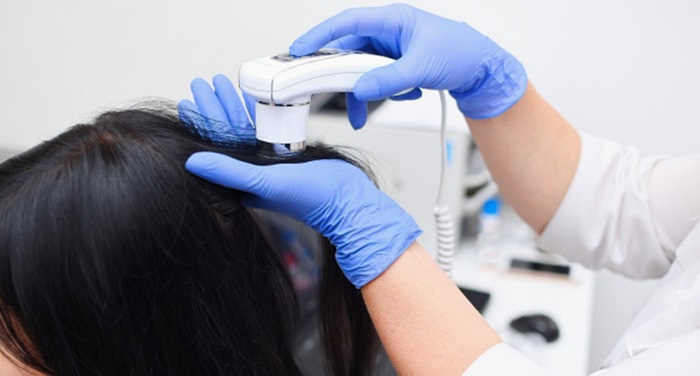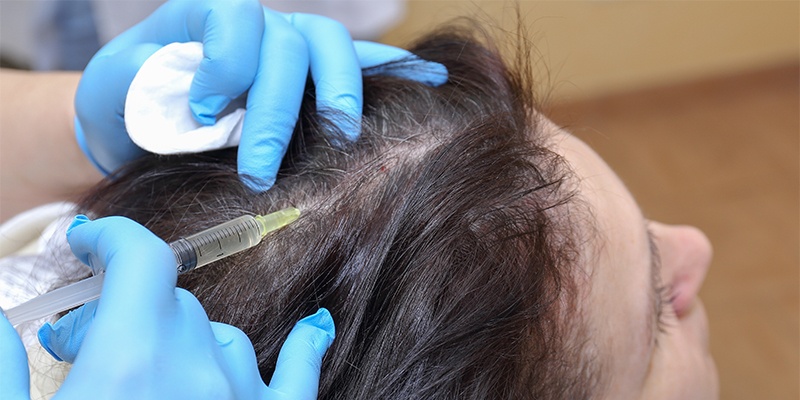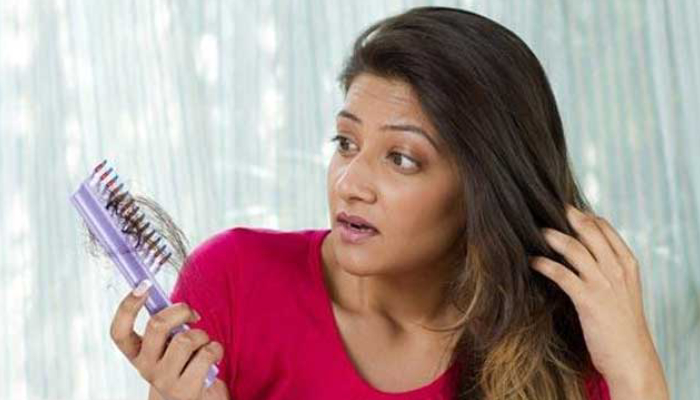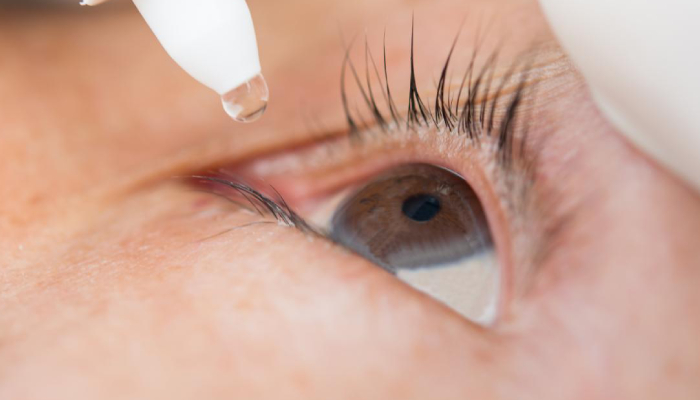How to cope with female hair loss?

An overview of obesity and the various medical treatments for obesity available today
April 4, 2020
What Are The Different Medical Treatment For Depression?
April 8, 2020Hair loss among females is a dreaded reality. Studies reveal that about 75% of women lose hair by the time they reach the age of 65. While young women may desperately try all possible ways to prevent this from happening, most of the older women accept this as a process of ageing. Well, if you choose to accept reality, it is appreciable. But you have many medical treatments for hair loss trending nowadays. Do not lose hope; try one of these treatments to get back your lost hairy days. Keep on reading to understand different prevention as well as treatment methods for hair loss.
Read More About : Medical Treatment For Diabetes
Hair loss in females: Causes and treatment
Causes for hair loss in females
Multitudes of reasons contribute to the loss of hair in females. Though varying hormone levels, genetics, and ageing are probably regarded as the prevalent causes of hair loss, Androgenetic alopecia contributes to the maximum cases. The disease has strong genetic links and can run in the family.
Androgenetic alopecia is a common cause of hair loss in both males and females. The onset of the disease in men is evident by the receding hairlines, while in females, the parting centres become broader and hair grows thinner. The females usually have these symptoms visible from their late 40s. The signs are evident due to the gradual thinning of hair strands
Alopecia Areata is another form of alopecia, that causes patches initially leading to complete baldness. Hormonal imbalances and inflammatory problems are other reasons for hair loss in females.

Medical treatments for hair loss
The hair loss treatments include topical medicines like Rogaine, light therapy, hair transplants or hormone therapy. Eating a nutritious diet and leading an active lifestyle is essential to keep your hair in healthy condition. Read on to know about the various medical treatments for hair loss in the following sections.
Minoxidil
Minoxidil can be bought over the counter at the drugstore under the name of Rogaine. It is entirely safe for use and people to have shown great satisfaction after the application. The medication stimulates the growth of hair, thickens the hair, and reduces the patch formation of hair. Minoxidil usage has been beneficial for about 2percent of females with alopecia. Side effects of Minoxidil are mild, and users may experience irritation and allergy to ingredients like alcohol. Once started with the medication, it is recommended to continue it indefinitely, as you may experience hair fall once you stop using it.
Light Therapy
This method of treatment can be used to amplify the efficiency of therapy like Minoxidil. Studies have established that light therapy used with Minoxidil has enhanced hair growth, satisfying the customers.
Ketoconazole
This medical treatment for hair loss has shown a significant effect in the Androgenetic alopecia cases that experience inflammation in the hair follicles. Ketoconazole helps in reducing inflammation and increasing the strength of hair. The medication is available as shampoo.
Corticosteroids
Doctors recommend corticosteroid injections for conditions like Alopecia Areata, where patients experience hair loss in patches. Injecting the medicine directly to the spots encourages the growth of new hair. It is also available as lotions and creams.

Platelet-rich Plasma injections
This medical treatment for hair loss involves drawing blood from the patients, separating platelet-rich plasma and injecting it into the affected areas of the scalp. This helps in repairing the tissues and improving the growth and density of the hair.
Hormone Therapy
Females experience extreme hormonal imbalances during menopause that leads to hair fall. Birth control pills and replacement therapies for estrogen or progesterone are the possible hormone therapies. Anti-androgen medications like spironolactone also reduce hair loss largely.
A hair transplant
If none of the above treatments works out, your doctor may suggest hair transplantation. Hair transplantations typically involve planting pieces of the scalp onto the affected area to grow hair naturally. This medical treatment for hair loss is costly and may not suit everyone.
Medicated Shampoos
Use medicated shampoos to remove the clogs that block the pores on the scalp. Minor hair loss conditions can be treated this way.
Eating nutritious food and massaging scalp are some of the natural ways of preventing hair loss and enhancing hair growth.




